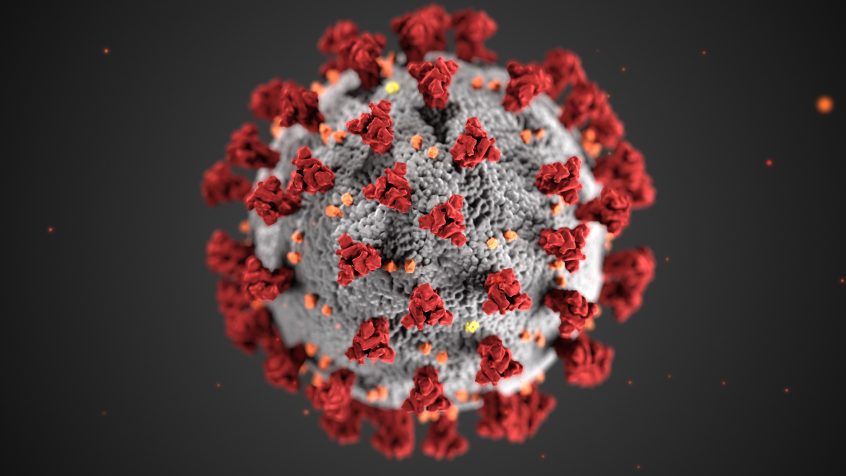Das European Network of Research Integrity Offices (ENRIO), in dem auch der „Ombudsman für die Wissenschaft“ Mitglied ist, hat ein Statement dazu publiziert, wie wichtig ein Bekenntnis zu den Regeln guter wissenschaftlicher Praxis gerade in Zeiten der COVID-19-Pandemie ist. Sie können das Statement auch hier auf der ENRIO-Website nachlesen und hier als PDF herunterladen. Hier können Sie das Statement auch auf Deutsch herunterladen.
ENRIO Statement: Research integrity even more important for research during a pandemic
Research integrity remains crucial in the COVID-19 crisis, given the need for robust, evidence-based conclusions, according to the European Network of Research Integrity Offices (ENRIO).
The COVID-19 pandemic has rightly stimulated much research, both of a medical and non-medical nature. Governments, institutions and the public expect from researchers credible data and reliable conclusions on which they can confidently base momentous policy decisions about healthcare, economics and society.
The urgency to understand and overcome the pandemic may induce researchers to ignore the due consideration for ethics and biosafety standards and protocols, or to cut corners in research to quickly reach conclusions in order to impact rapid decision making. While fast results are clearly required in this critical situation, that is no excuse for bad research practices. Some poorly designed studies have already been published in the specialist literature. Controversial statements and unproven claims from researchers have appeared in the media. Some of these have been immediately questioned, leading to confusion and loss of trust among the public.
The scientific and scholarly community has established rules that govern robust, peer-reviewed and trustworthy research. Failing to follow these rules will have a detrimental effect on research: bad practices will distort our knowledge of COVID-19 and will obstruct or delay our efforts to stop the pandemic and save lives.
Researchers should communicate their work on social and other media responsibly, with professionalism and transparency. Subjective or unfounded interpretations must be avoided and information must not be intentionally omitted. Eroding the integrity of research undermines the trust of our colleagues, the public and policymakers. Academic and research organisations in particular, as trusted promoters of good research practices, should be extra vigilant in identifying and clearly exposing poor as well as fraudulent practices to protect the public from flawed interpretations by overenthusiastic, careless or unscrupulous researchers.
As a network of research integrity organisations from across Europe, we now urge the research community to respect the highest integrity standards in performing and reporting research for the benefit of humanity now and in the future.
Photo by CDC/ Alissa Eckert, MS; Dan Higgins, MAMS

